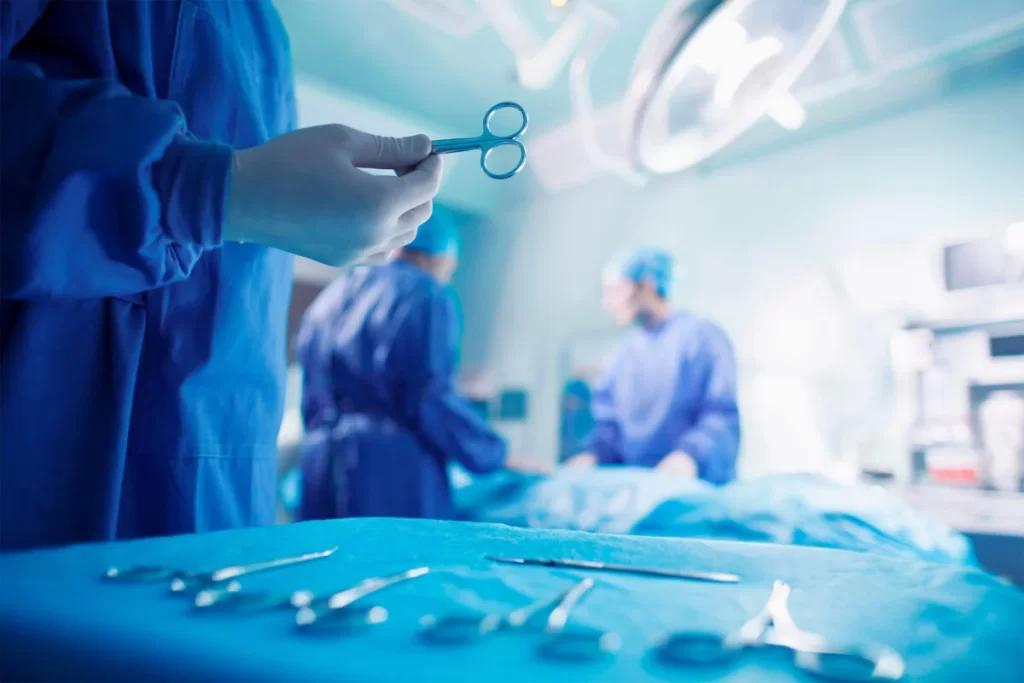Common Surgical Procedures under General Surgery

General surgery might be necessary if you have an infected wound or a skin lesion. Your surgeon can perform a suitable procedure under general or local anesthesia, depending on your condition. A McKinney bariatric, general & laparoscopic surgeon can perform general surgery via minimally invasive techniques to reduce your recovery time. Your doctor will determine the technique to use depending on your condition, needs, and health goals.
Services you can receive under general surgery
The following are surgical procedures under general surgery:
Mediport placement
Your doctor will place a mediport in your upper chest to deliver medicine and fluids directly into your bloodstream. The procedure is important for patients with kidney failure, cancer, and severe infections. Mediport placement requires a local anesthetic and takes less than an hour to complete.
Skin lesion and soft tissue removal
Soft tissue masses and skin lesions can be a cause of concern, but you need diagnostic testing to identify and treat them. While they may not be cancerous, your doctor will remove and test them for cancer. They can use minimally invasive procedures to remove skin lesions and soft tissue masses.
Abscess drainage
Abscess delays the healing of wounds, increasing the risk of infections and complications. Your surgeon might recommend draining the abscess so your wound can heal faster. They will make an incision on the wound and place gauze to help with drainage.
Pilonidal cyst excision
If a buildup of hair, dead skin, and oils clogs your skin near your tailbone, you might develop a pilonidal cyst. Common symptoms include reddened skin, pain, and drainage of pus or blood. Your doctor might use minimally invasive techniques to remove the cyst and some surrounding tissue.
Lipoma removal
If you are obese or have diabetes or high cholesterol levels, you are at risk of developing lipomas which are lumps of fat. While they are usually non-cancerous, your doctor will remove them and test them for cancer.
Wound care
Wound care involves your doctor’s techniques to provide you with the best wound treatment, including cleaning, dressing, and removing dead tissue to reduce infection risk. Your wound care management will depend on the type of wound, either acute or chronic.
Acute wounds
Acute wounds might develop from lacerations, burns, and abrasions. Such wounds tend to heal within a short time, usually three weeks. Surgical incisions are also acute wounds.
Chronic wounds
Chronic wounds take longer than three months to heal and require special treatment to prevent complications. They include foot ulcers, pressure ulcers, and wounds from conditions that cause nerve damage, like diabetes.
Preparation and recovery from general surgery
The type of surgical procedure you will undergo will determine your preparation and recovery guidelines. Other factors include the body part your doctor will operate on and the type of anesthesia they will use.
If you need to remove soft tissue mass or drain an infected wound, visit Michael Sutker, MD, for treatment. Dr. Sutker and his team will carefully examine your body and evaluate your symptoms before recommending the best surgical procedure. Call or schedule your appointment online today to improve your health.

